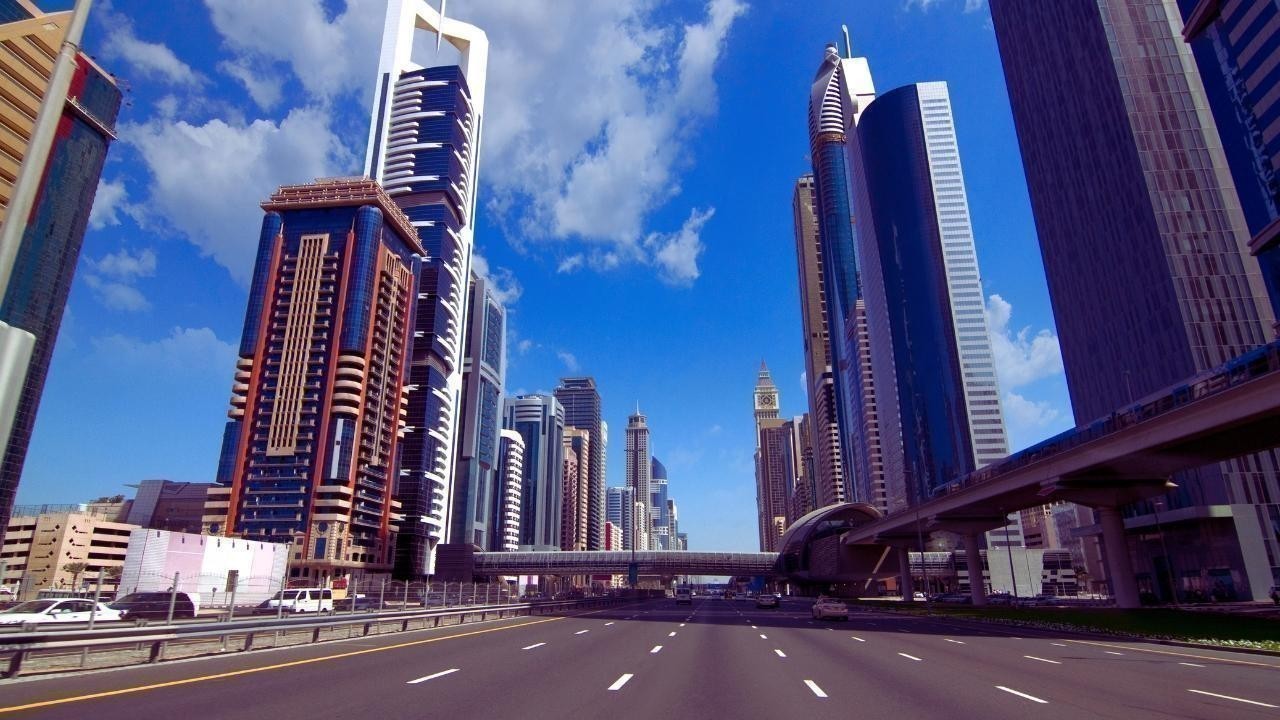
Post by : Anis Karim
If you've ever walked the streets of Downtown Dubai, you’ve likely noticed something quietly remarkable — everything feels spotless. No litter underfoot, no overflowing bins, and not even a stray coffee cup rolling down the sidewalk. The cleanliness of Downtown Dubai isn’t just the result of passive civic responsibility or good luck. It’s an orchestrated effort — a behind-the-scenes ballet of precision, technology, discipline, and governance that ensures the streets sparkle under the Emirati sun, day after day.
In a region that continually sets the global standard for infrastructure and luxury, clean streets are more than just an aesthetic perk. They’re a statement of national pride, operational excellence, and futuristic urban planning. But what exactly makes Downtown Dubai stand out so sharply in this regard? Why is it that tourists from around the world marvel at its cleanliness the way they might at the Burj Khalifa?
Let’s peel back the surface and explore how this feat is maintained — and what it says about the city itself.
Cleanliness isn’t an afterthought in Dubai — it’s a foundational element baked into city planning. When Downtown Dubai was conceived as part of the broader vision by Emaar and the UAE government, the master plan didn’t just focus on buildings and roads. It considered the sustainability of public spaces, the layout of waste disposal infrastructure, and the integration of maintenance technologies.
Underground service corridors were developed to reduce visible clutter. Sidewalks and plazas were designed with materials that repel dirt and are easy to wash. Strategically placed utility holes allow for maintenance access without disturbing the cityscape. The idea was simple: build a city that is inherently easy to keep clean.
One of the lesser-known facts about Dubai’s street cleanliness is the sheer scale of its maintenance manpower. Thousands of municipal workers, deployed in multiple shifts, operate under the watchful eyes of Dubai Municipality and private facilities management companies. These are not random janitors — they’re trained operatives with clear standard operating procedures.
Sidewalks, pedestrian bridges, and public restrooms are cleaned multiple times a day. Waste bins are emptied even if they’re half-full, ensuring no overflow occurs. Specialized teams handle different duties — some sweep and collect solid waste, others manage water jetting machines for pavement washing, while a separate group is tasked with removing chewing gum and other sticky residues.
What sets this workforce apart is not just the frequency of their operations but also their invisibility. Cleaning happens at low-traffic times, is scheduled strategically, and is done in a way that doesn’t interfere with the daily life of citizens and tourists.
Dubai is a smart city in every sense, and cleanliness is no exception. The municipality employs a wide range of tech tools to maintain hygiene. Smart bins equipped with sensors alert collection teams when they are about to reach capacity. Some public trash receptacles even have solar-powered compactors that reduce waste volume by up to 80%, delaying the need for collection.
Autonomous vacuum sweepers roam quieter areas at night. Drones are occasionally deployed to monitor waste accumulation in hard-to-reach places, especially during large public events. GPS tracking ensures that cleaning vehicles and staff cover all areas without overlap or omission.
Most notably, every phase of street cleaning — from scheduling to auditing — is managed digitally. This integration of IoT, AI-based analytics, and real-time reporting tools ensures the city stays ahead of its waste management curve, not just reacting to problems but predicting and preventing them.
Dubai doesn’t just rely on systems and machines — it expects its residents and visitors to uphold cleanliness as a civic duty. Public awareness campaigns, both subtle and bold, are visible across the city. Posters remind people not to litter, announcements on metro stations warn of penalties, and digital signage emphasizes sustainability and orderliness.
But it's not all about gentle reminders. Dubai is firm on enforcement. Fines for public littering, spitting, or even improper waste disposal from shops and restaurants are steep. Businesses can be shut down temporarily for repeated violations. The message is clear: in Dubai, cleanliness isn’t optional — it’s expected.
This balance of encouragement and enforcement has cultivated a culture where even tourists, often unaware of local laws, fall in line quickly. The societal expectation to maintain public hygiene is woven into the behavioral fabric of the population.
Being a desert city, one might expect sand and dust to be constant challenges. And while the climate does present its share of issues, Dubai has innovated even here.
Buildings and landscaping in Downtown are designed with dust control in mind. Vegetation is strategically planted not just for aesthetics but to serve as natural dust barriers. Green spaces are irrigated to maintain humidity and reduce particulate matter in the air.
Moreover, mechanical street scrubbers used in Dubai are equipped with dust control systems that use minimal water but achieve maximum cleanliness. Footpaths and roads are washed frequently during dry seasons to keep sand from accumulating — a practice rarely seen in cities with similar climates.
Major corporations, particularly those that own or manage real estate in Downtown Dubai (such as Emaar), actively contribute to city cleanliness. Most high-rise buildings have their own private cleaning staff that not only manages interiors but also ensures surrounding perimeters are well-maintained.
Malls like The Dubai Mall operate entire departments dedicated to waste management, recycling, and public area hygiene. During festivals, parades, and national holidays, when footfall multiplies, additional task forces are deployed to ensure the streets remain unsoiled even under pressure.
These corporate efforts complement municipal work, creating a seamless experience for visitors who find every corner — from the main boulevard to back alleys — equally clean.
Dubai is also moving beyond just cleaning — it’s focusing on sustainability. Public areas in Downtown now feature multi-bin systems for segregating recyclable waste like plastic, paper, and metal. The city has made a strategic shift toward reducing landfill use, and Downtown Dubai is central to that transformation.
Back-of-house waste management systems in restaurants and hotels often include compactors, balers, and recycling sorters. Food courts have attendants guiding customers on proper waste segregation, which might seem excessive elsewhere but is standard here.
This culture of visible and active recycling reinforces Dubai’s progressive image — one where cleanliness doesn’t come at the environment’s expense.
Perhaps one of the biggest tests of a city's cleaning infrastructure is how it handles large-scale public events. Whether it's New Year’s Eve at Burj Khalifa, the Dubai Shopping Festival, or high-profile international conferences, Downtown Dubai plays host to thousands — sometimes hundreds of thousands — of visitors in a single night.
Yet, within hours, the streets return to their pristine condition.
That’s no accident. For such occasions, Dubai deploys contingency cleaning teams, rapid response squads, and real-time tracking dashboards. Waste stations are temporarily increased, and post-event cleaning is executed with military-like precision. It's this readiness to scale operations instantly that separates Dubai from many of its global peers.
So, what can other urban centers learn from Downtown Dubai?
Clean streets are not an impossible dream; they’re a byproduct of planning, enforcement, smart governance, and civic participation. While not every city has Dubai’s resources, the principles it follows — such as tech integration, waste segregation, and public accountability — are scalable.
In essence, Dubai has proved that cleanliness isn’t just cosmetic. It fosters tourism, boosts quality of life, enhances safety, and reinforces national identity. It is both a reflection and driver of a city’s ambition.
Visitors to Downtown Dubai often describe their experience as "like walking through a showroom." That’s not an exaggeration — it’s a reality engineered by a city that treats public spaces as seriously as private ones. This image of immaculate streets plays a powerful role in shaping how the world views Dubai: futuristic, disciplined, luxurious, and highly livable.
As the emirate continues to position itself as a leading destination for business, lifestyle, and tourism, the perception of a spotless environment remains a competitive advantage. It's a brand asset — one that’s constantly polished, both literally and metaphorically.
The information provided in this article is based on publicly observable practices and publicly available data. While all efforts have been made to ensure accuracy and neutrality, this article reflects general trends and operations related to Dubai’s urban maintenance. DXB News Network is not affiliated with Dubai Municipality or any city planning authority.
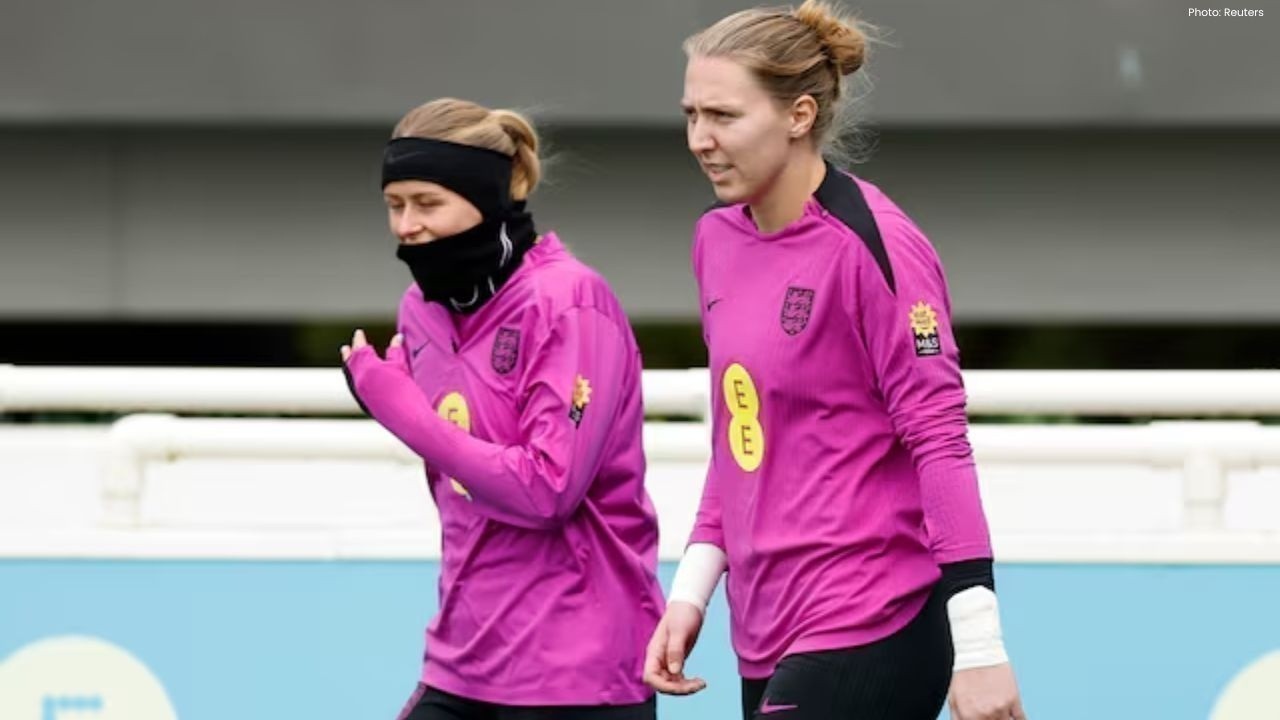
England Women Ready to Face Brazil in Friendly at Etihad
England Women face Brazil at Etihad in friendly. Keira Walsh captains, Lucy Bronze honored, and team
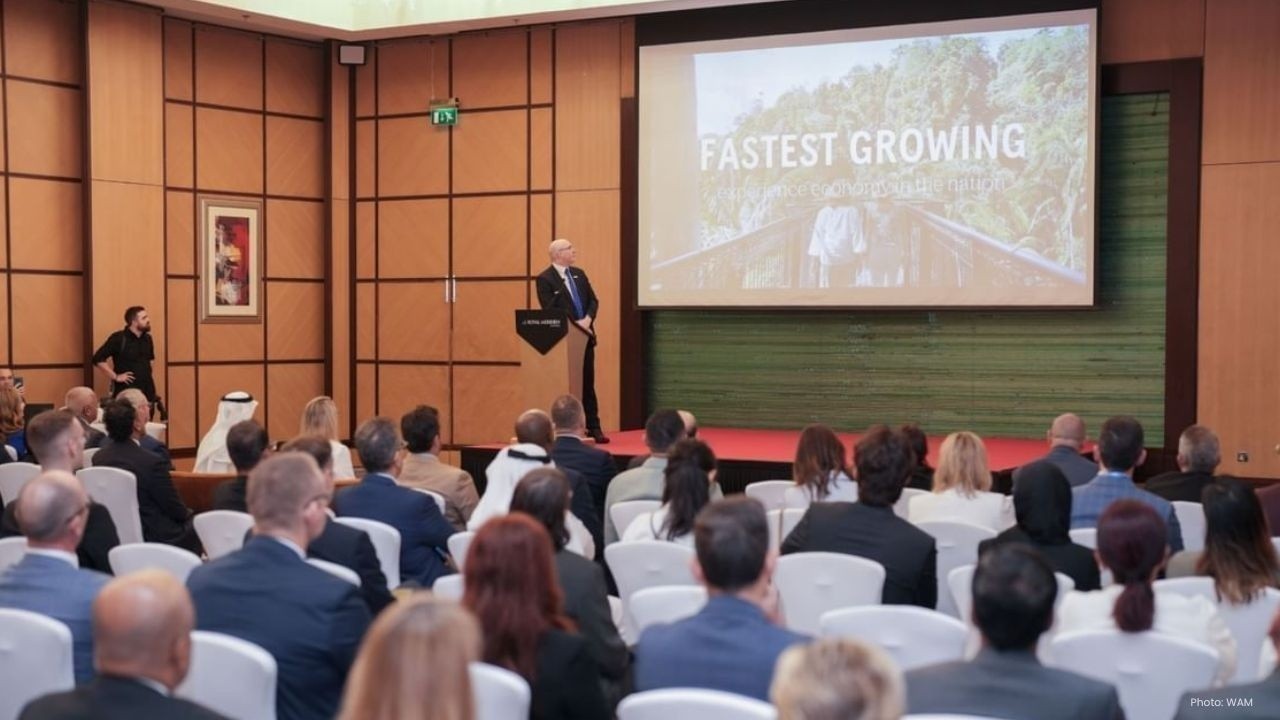
Abu Dhabi Hosts Brisbane Forum to Boost Trade Ties
Abu Dhabi hosts Brisbane economic forum, promoting trade, investment, and collaboration in technolog

Rajat Bedi Opens Up on Ila Bedi’s Support and Bollywood Struggles
Rajat Bedi reveals his sister Ila Bedi recommended him for roles and shares his decade-long struggle

This Week’s OTT Highlights Thrillers Romance & Epic Dramas
Check out this week’s OTT releases including A House of Dynamite, Param Sundari, Kurukshetra Part 2,
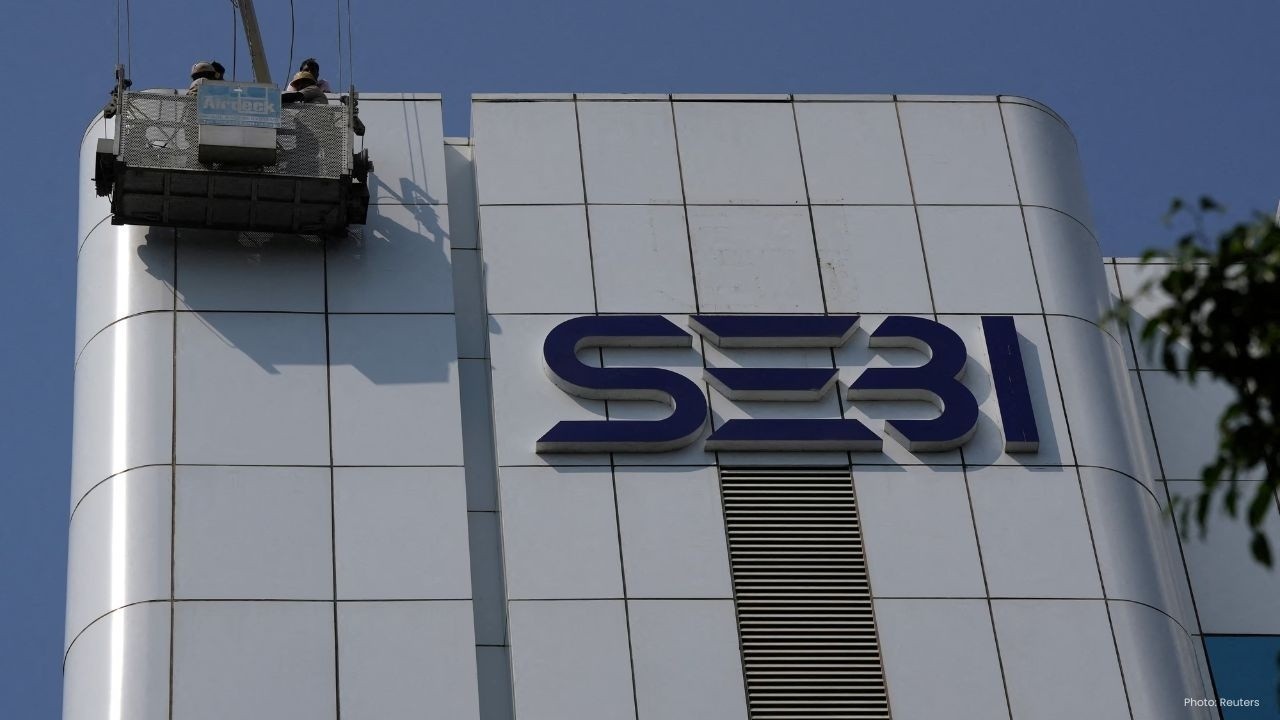
SEBI Bans 13 Traders for Front Running Trust Transactions
SEBI bars 13 individuals for front running trades of three trusts, imposing penalties up to ₹15 lakh
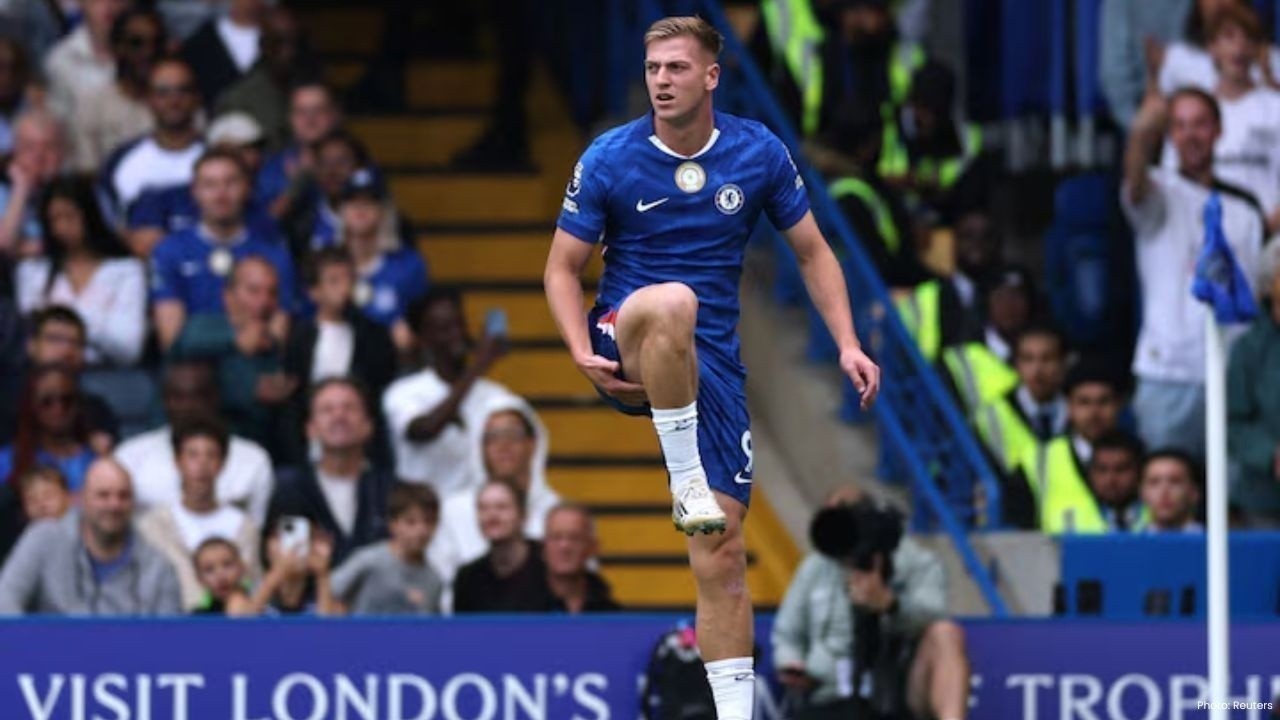
Delap Back in Training but Unavailable for Chelsea Match
Liam Delap has returned to Chelsea training after hamstring injury but will miss Sunderland clash, w

OnlyFans Tops Tech Giants with $37.6M Revenue Per Employee
OnlyFans emerges as the most revenue-efficient company in 2024, earning $37.6M per employee and gene
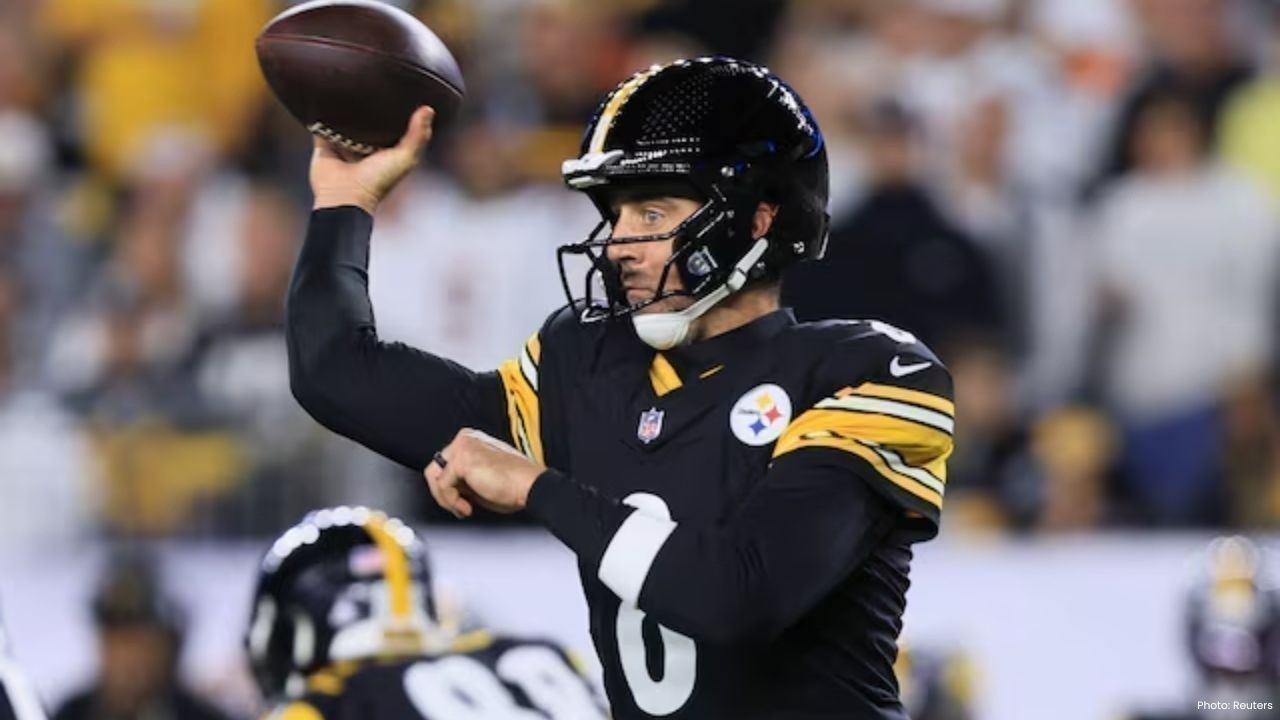
Aaron Rodgers Plans to Retire as Green Bay Packer
Aaron Rodgers says he will retire as a Green Bay Packer, reflecting on 18 years with the team before
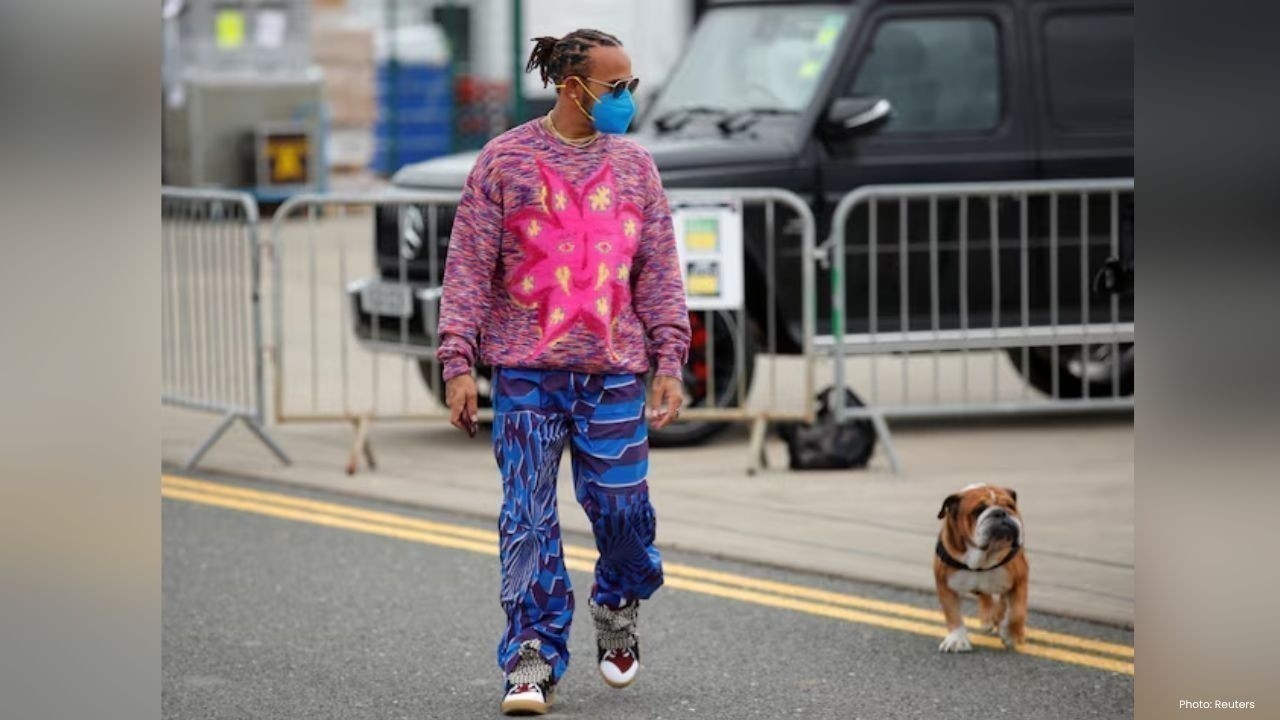
Lewis Hamilton Honors Late Bulldog Roscoe With Fan Tributes
Lewis Hamilton opens up on losing his bulldog Roscoe, sharing how fans’ tributes at Mexico GP comfor

Alex Vesia Misses World Series Due to Family Emergency
Dodgers reliever Alex Vesia steps away from the team during the World Series to handle a family matt

Post Festive Skin Detox Simple Steps to Restore Your Natural Glow
Refresh your skin after festive celebrations with simple detox tips hydration gentle care and a heal

Blue Jays Discuss Bo Bichette’s Availability for World Series
Blue Jays’ Bo Bichette may join World Series lineup as manager Schneider assesses his readiness, com

Thamma (2025) Supernatural Romance & Horror Comedy This Diwali
Discover Thamma 2025 a thrilling horror comedy with romance supernatural twists and stellar performa

Best Foods to Eat During Cancer Treatment for Health & Recovery
Discover the best foods to eat during cancer treatment to boost immunity manage side effects and sup

10 Powerful Cancer Fighting Foods to Boost Your Health Naturally
Discover 10 powerful cancer fighting foods that boost immunity protect cells and support overall hea